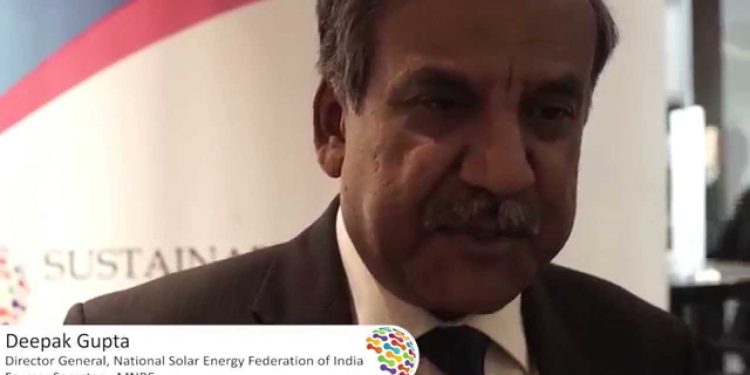New Delhi: Over the years, many have felt that the Indian civil service has failed to meet its objectives satisfactorily and must be abolished but scrapping of the service is not a solution, asserts former IAS officer Deepak Gupta.
He says that in an undefined sort of way, there is a feeling that all the problems of the country would disappear simply if the IAS is abolished.
“This arises also from the misconception or the deliberate attempt to arrogate all the policy failures, or the bureaucracy in general, on the IAS. Our Constitution makers provided for and designed the institutional architecture with great care and deliberation. Over several decades there have been attempts at their weakening, though they have shown resilience, which has been the strength of our democracy,” says the 1974-batch IAS officer.
Gupta served in many departments in state and Centre and was also posted in India Trade Centre, Brussels and spent a year as WHO Advisor on TB in Delhi.
He retired in 2011 as Secretary, Ministry of New and Renewable Energy.
He has come up with a book “The Steel Frame: A History of The IAS” in which he looks at changes from the past, its present, and also the future of the IAS. He also suggests some measures so that the civil service could re-invent itself to play the important role envisaged by the makers of the Constitution.
He writes that to proponents of continuity, the value of maintaining an All India Service was premised on three underlying beliefs.
These are: such officers would have a national rather than a parochial outlook, and along with their movement between the state and the centre, they would contribute to national unity; that an elite service would draw the best national talent which would provide for good governance necessary for the transformation of the country; and that it would possess an ingrained sense of independence, commitment and impartiality which would protect democratic values and prevent political exploitation and arbitrariness.
“Over time many have felt that the service has failed to meet any of these objectives satisfactorily nor does it now draw the best talent and, therefore, appears to have become an anachronism,” Gupta says.
“At the other end of the spectrum, there have been suggestions for an elite secretariat cadre filled largely by specialists through lateral entry after abolishing the IAS. This would actually lead to a complete fragmentation of the administration. Both suggestions have elements which should be implemented but abolition of the service is simply not a solution,” he writes in the book, brought out by Roli Books.
The book, released last week, argues that the civil service is essential for India and its democracy and it must play its role as envisaged under the constitutional design.
PTI






































